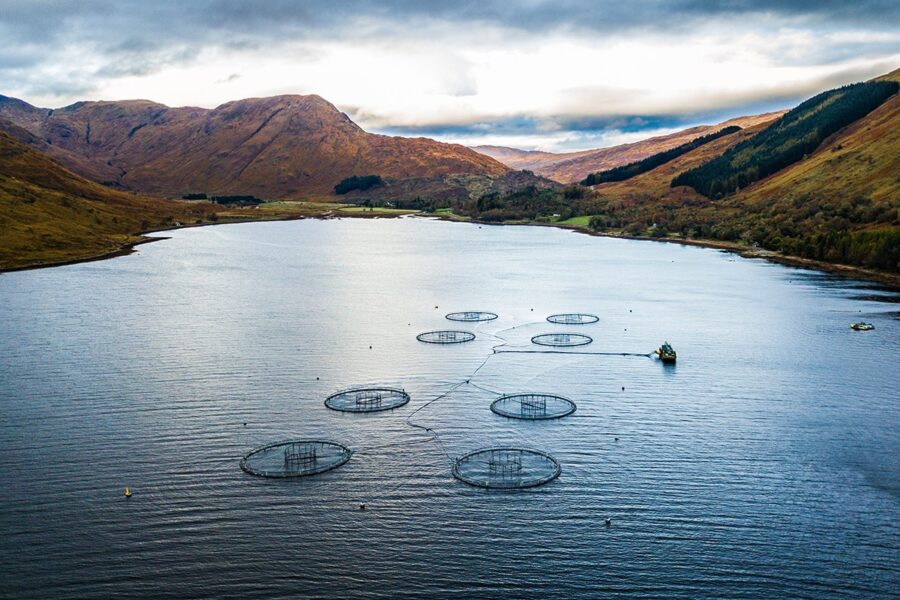More than one million farm-raised salmon are expected to have been killed by seals in the two years to the end of 2021, according to new figures.
Statistics published by Salmon Scotland, the trade body for Scotland’s farmed salmon sector (formerly the SSPO), reveal that attacks are costing salmon farmers an average of £12m a year in lost fish.
Tavish Scott, chief executive of Salmon Scotland, said seal predation was getting worse, and has urged government ministers to sit down with sector leaders to discuss possible solutions.
Mr Scott said: “There is no easy fix, but we need a dialogue with ministers – and the leaders of other sectors affected – to find ways of tackling what has become an increasingly serious issue for our members.”
The figures released by Salmon Scotland show that:
- In 2020, 516,443 fish were killed directly in seal attacks (with hundreds of thousands more fish so stressed that they died later)
- In the eight months to the end of August 2021, a further 347,917 salmon were killed directly by seals, taking the total since January 2020 to 864,360.
Until the start of 2021, salmon farmers could shoot seals as a last resort, and around 50 were shot each year. This power has since been removed by Scottish government legislation.
Salmon farmers also used to deploy acoustic devices to scare seals away, but these have now been removed while salmon farmers discuss licensing issues with Marine Scotland.
All of Scotland’s salmon farmers have invested heavily in new seal-resistant nets, but seals are finding ways of climbing up and over the walkway barriers, and even manage to attack salmon through the nets themselves.
Mr Scott said there was now a pressing need for a proper dialogue to find a way forward.
“Scotland’s seal population is growing all the time and many of their traditional sources of food are disappearing, partly because of fishing and partly because climate change is driving species further north.”
He stressed that he was not asking for farmers to be allowed to shoot seals again, but instead called for a ‘proper and mature dialogue’ with other interested parties – including commercial fishermen and wild salmon interests – to find potential solutions to the problem.
This story was taken from the latest issue of Fishing News. For more up-to-date and in-depth reports on the UK and Irish commercial fishing sector, subscribe to Fishing News here or buy the latest single issue for just £3.30 here.








